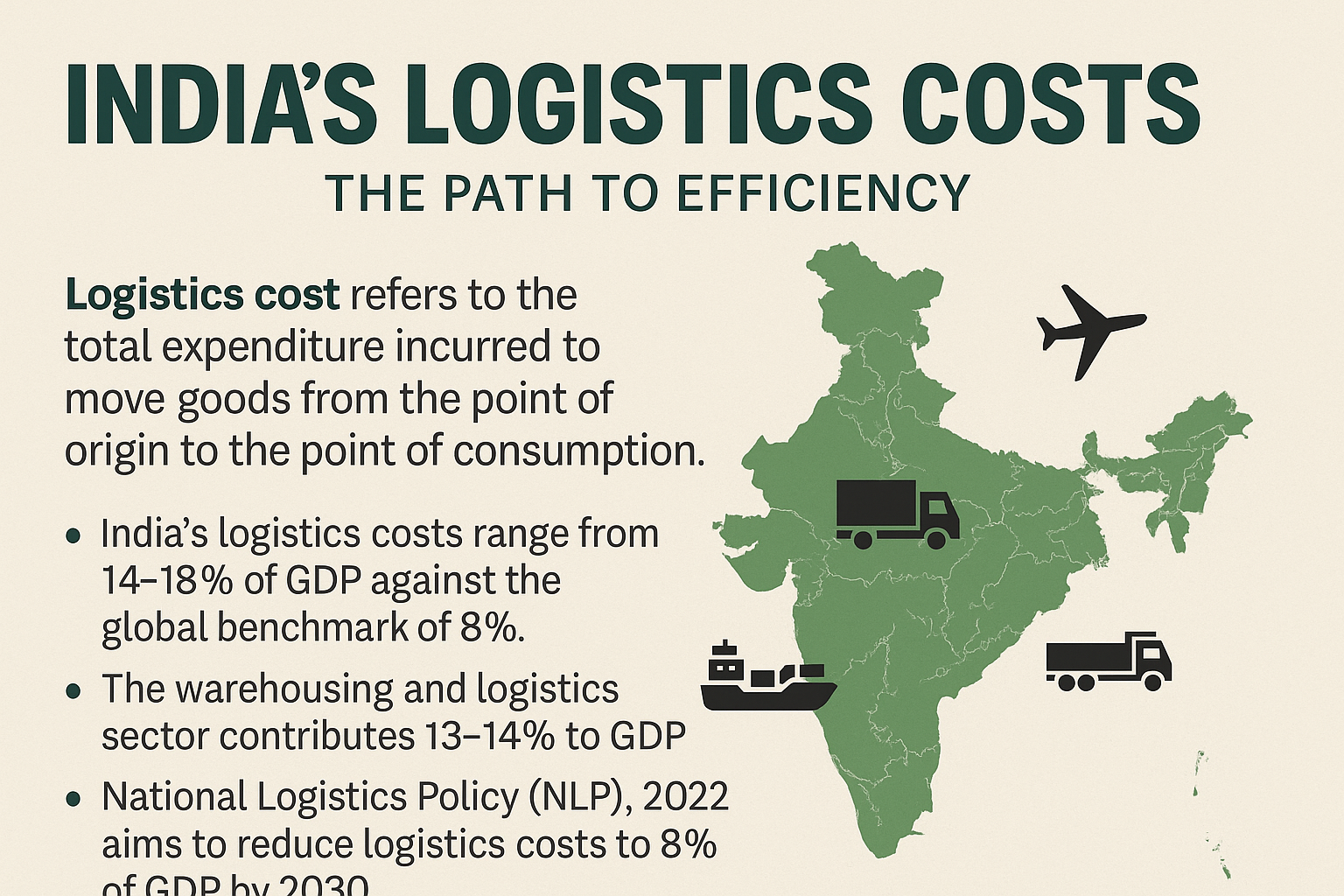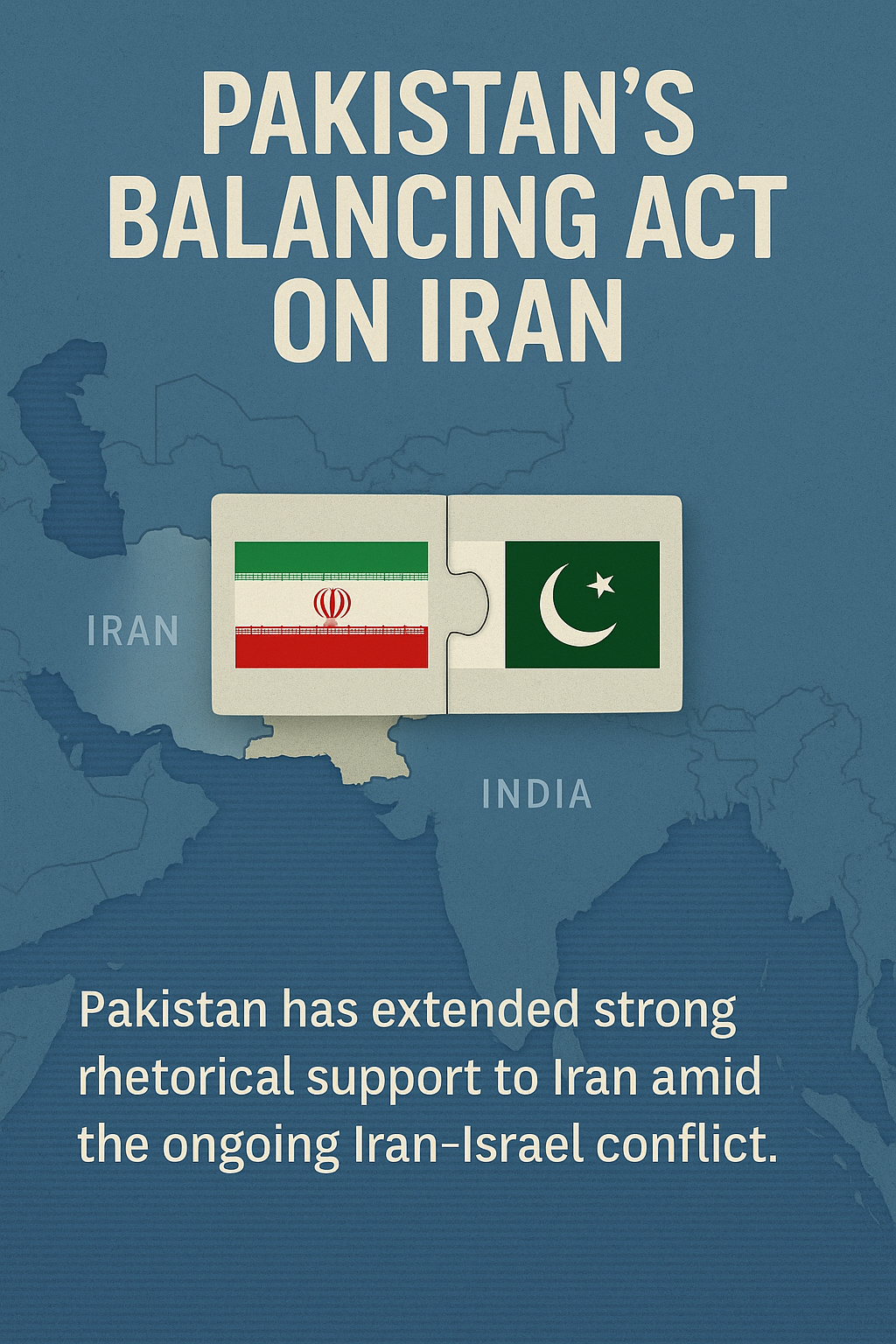026. World | Health
Funding Freeze on HIV Programs: WHO Warns of Global Setbacks
Introduction
The U.S. government’s recent funding freeze has sent shockwaves through the global health community, particularly in the area of HIV treatment and care. The World Health Organization (WHO) has warned that this move could lead to increased illness and death among millions living with HIV, especially in low- and middle-income countries. At the center of this crisis is the President’s Emergency Plan for AIDS Relief (PEPFAR) — a program that has long stood as a cornerstone of global HIV/AIDS prevention and treatment.
🩺 What Is PEPFAR?
- Launched in 2003 by U.S. President George W. Bush
- Aims to provide HIV treatment, prevention, and care worldwide
- As of 2024:
- Supported over 20 million individuals in 55 countries
- Included 566,000 children in its treatment reach
- Helped reduce AIDS-related deaths from 2.1 million in 2004 to approximately 630,000 in 2023
🌍 PEPFAR is one of the most successful global health programs in modern history.
⚠️ Impact of the Funding Freeze
- Puts the supply of antiretroviral medicines at risk
- Threatens to disrupt HIV treatment for millions worldwide
- Could reverse two decades of progress in combating the epidemic
WHO warns: “An abrupt halt in funding may lead to preventable illness and death among people living with HIV.”
🌐 A Retreat from Global Health Leadership?
The funding pause reflects a larger shift in U.S. global health policy:
- Withdrawal from WHO during the COVID-19 pandemic (later reversed)
- Reinstatement of the Mexico City Policy, restricting funding for groups offering abortion-related services
- These decisions are seen by many as detrimental to global health infrastructure
Critics argue the U.S. is stepping back from its role as a global health leader.
🔄 Transition Plans and Sustainability Goals
- PEPFAR and WHO have initiated plans to transition HIV program ownership to national governments by 2030
- Goal: Build self-reliant health systems and reduce dependence on U.S. funding
- The current freeze, however, complicates these transitions and threatens fragile health infrastructure
🆘 Call for Exemptions and Humanitarian Waivers
- WHO has urged the U.S. to create exemptions that allow critical HIV care to continue
- Advocates call for humanitarian waivers to protect:
- Medicine supply chains
- Health worker salaries
- Treatment for children and vulnerable populations
🔮 What Could the Future Hold?
If the funding pause continues:
- We risk seeing HIV illness and death rates rise to levels from the 1980s and 1990s
- It could undermine trust in public health systems
- Economic and social impacts may ripple across regions dependent on PEPFAR support
⚠️ The global fight against HIV stands at a crossroads — continued support or painful regression.
Conclusion
The PEPFAR funding freeze has far-reaching implications. What began as a budgetary or political decision now threatens to unravel decades of global progress against one of the world’s deadliest diseases. As global health leaders call for urgent exemptions, the world watches — hoping that lives, not politics, will guide the next decision.















